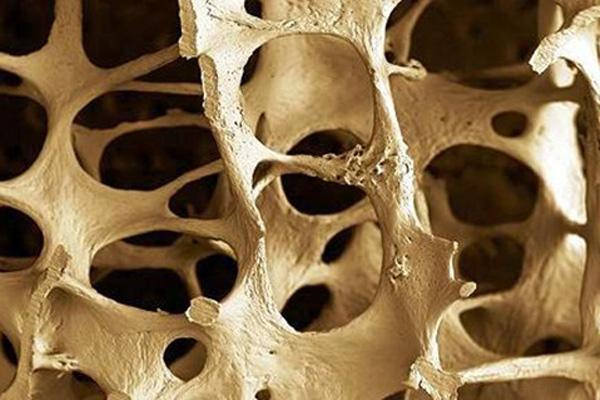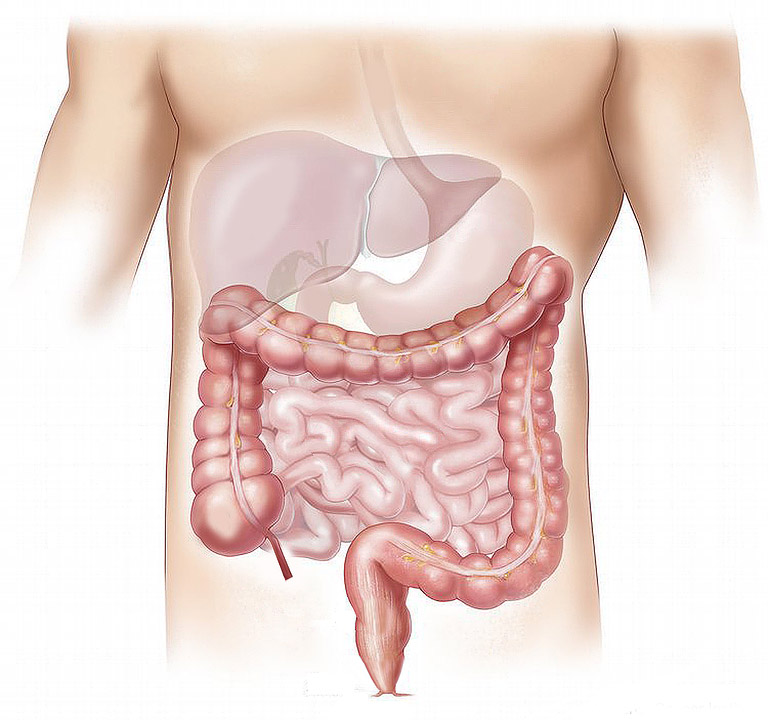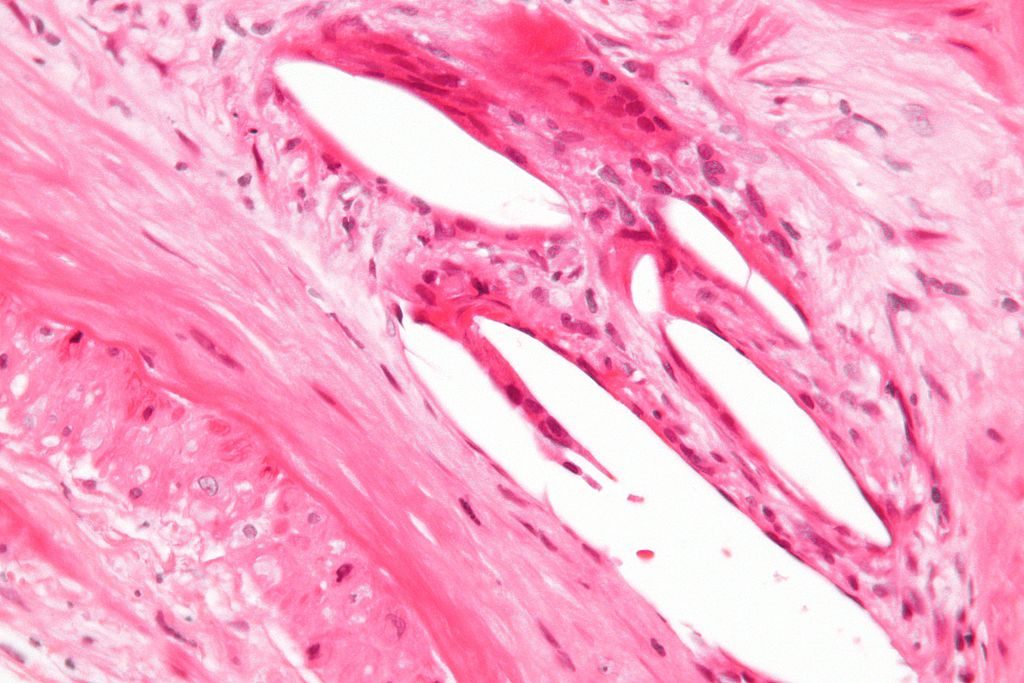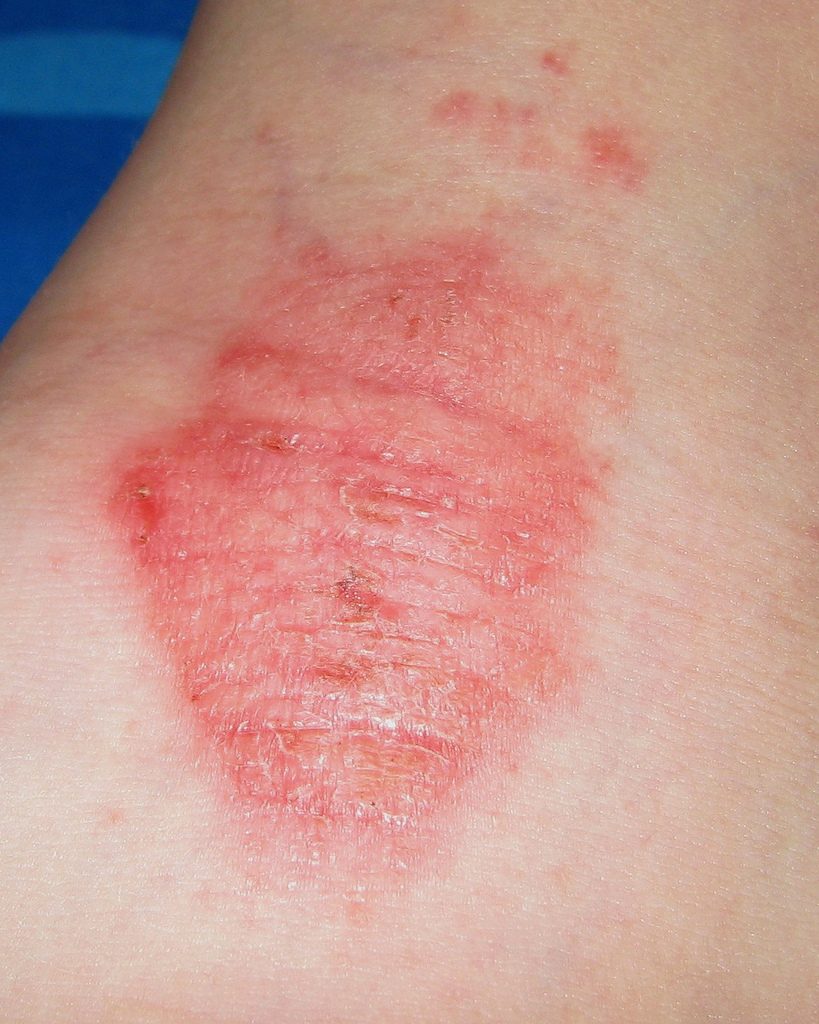Archive for August 2016
Parkinson’s Disease
The diet should consist of a high percentage of raw foods (fruits, vegetables, nuts and seeds), which are high in fibre, and which will help to keep the body regular. Follow a diet that is composed of 75 percent raw, organic foods, as pesticides, insecticides, and herbicides are directly linked to Parkinson’s disease. Consume a…
Read MoreObesity
The diet should consist of fresh fruit, fresh vegetables, whole grains, and unroasted seeds & nuts, and legumes. Aim for a high percentage (ideally 80%), of your food in its’ raw form. Include a wide variety of foods; eat all of the colors of the rainbow. Good vegetable choices include cabbage, cauliflower, Brussels sprouts, cucumber,…
Read MoreOsteoporosis
Avoid acid forming foods which deplete calcium from the bones. This includes foods that are high in sugar, refined grains, soda pop drinks, red meat, dairy products, high salt intake, and too much cooked foods. Consume old fashioned oatmeal (slow cooking) as it contains high amounts of silica which maintains strong bones. Consume foods which…
Read MoreIrritable Bowel Syndrome
High fibre diet is a must, as it will regulate the bowels and soothe the digestive tract. Include whole grains, raw or lightly cooked vegetables, and legumes. Avoid wheat bran though, as it can propel waste matter through the intestines faster than is comfortable. Ground flaxseeds are a good fibre choice. Drink a glass of…
Read MoreHigh Cholesterol
Consume a diet high in fibre, by increasing the amount of vegetables, fruits, nuts, seeds, and whole grains in the diet. Soluble fibre is a great choice as it binds cholesterol as it passes through the digestive tract. Oats, oat bran, brown rice, beans, and fruits are all great example of soluble fibre. Carrots help…
Read MoreHigh Blood Pressure
Eliminate saturated fats, shortening, margarine & refined vegetable oils. Eliminate all foods containing trans-fats. Reduce salt intake. Reduce consumption of refined sugars. Increase consumption of fibre. Avoid aspartame, red meats, diet foods, commercially prepared foods, or any foods containing MSG. Consume fresh raw vegetables & fruits in abundance. Beans & nuts are excellent sources of…
Read MoreHeart Disease
A whole-foods, plant-based diet has been shown to sweep away arterial plaque. Meals should emphasize vegetables, fruits, legumes, and whole grains. Include foods high in essential fatty acids such as flaxseeds, olive oil, nuts (except peanuts). Eat lots of fibre. Garlic & onions reduce levels of bad cholesterol and lower blood pressure. The skins of…
Read MoreFibromyalgia
Follow a sound diet that is based on whole, unprocessed foods. Emphasize raw or lightly cooked vegetables, especially greens, and other foods that are high in nutrients and fibre. Flaxseed and flaxseed oil helps to relieve the inflammation of fibromyalgia. Avoid coffee and tea as these interfere with mineral absorption. Alfalfa sprouts can be useful…
Read MoreEczema
Consume a whole-foods diet, rich in fibre, fresh fruits, fresh vegetables and their juices. Include essential fatty acids daily. Good sources are flaxseeds, flaxseed oil, and wheat germ oil. Do not heat these oils! Eat pumpkin and sunflower seeds daily, as these are excellent sources of zinc which encourages the proper metabolism of essential fatty…
Read MoreDiabetes
Reduce weight. A high fibre diet, especially water-soluble fibre as found in oat bran, beans, nuts, seeds, and apples, helps to balance blood sugar. Avoid simple sugars, white, refined bread or pasta, and cow’s milk. Consume complex carbohydrates which improve insulin sensitivity and reduce blood sugar elevation. Brown rice, barley, oats, spelt, and kamut are…
Read More









